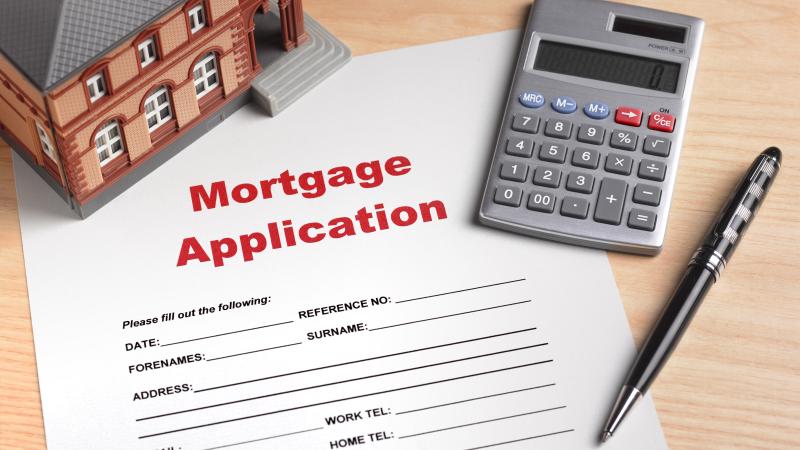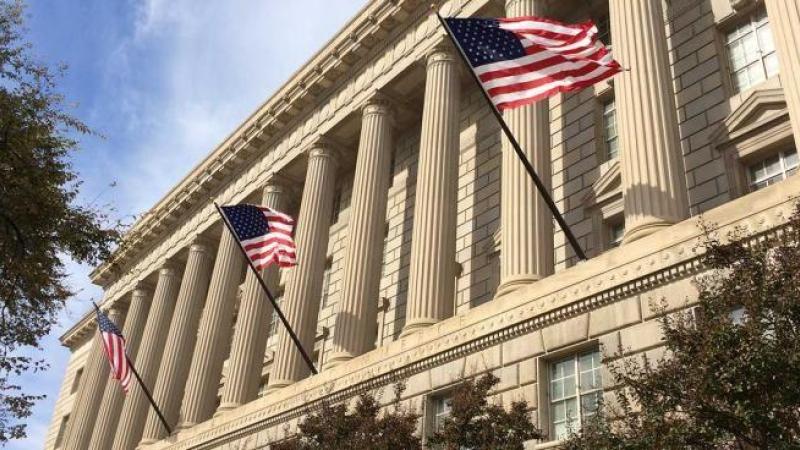Bidenomics: More companies announce bankruptcies, shutter operations, citing inflation
The trend of stores closing is up from the amount that closed in 2023.
More companies are declaring bankruptcy and shutting down operations, citing inflation and high costs. Inflation and the economy remains a top issue among all voters, according to a recent The Center Square Voters' Voice Poll.
Retailers are closing nearly 3,200 stores this year, according to a recent analysis from CoreSight Research. The closures are a 24% increase from 2023.
U.S. drug stores and pharmacy closures led to 8 million square feet of shuttered retail space this year, the research company said. It also notes that retailers are losing inventory and customers due to retail theft. “Retail shrink” is closely connected to “organized retail crime,” it notes.
Out of the 3,200 being closed, the majority are being closed by roughly 30 retailers, with Family Dollar closing the most of over 600, according to the data, CBS News reported.
Tupperware is the latest to announce it's permanently closing its last operating production plant in the U.S. in Hemingway, South Carolina. All of its 148 workers will be laid off, the first in September, followed by others in waves through next January. Tupperware announced its plans last week, stating it would continue to produce its products in a plant in Lerma, Mexico.
The iconic plastic container company has also been shedding real estate and dealing with a non-compliance notification from the New York Stock Exchange, Plastics Today reported.
The teen apparel retail chain, Rue21, also filed for bankruptcy last month, announcing it was closing all 540 of its stores. The Pittsburgh-based retailer was in $200 million worth of debt and is laying off all of its 4,900 employees because of “under-performing retail locations … inflation and macroeconomic headwinds,” CNN reported.
The California-based discount retail chain 99 Cents Only filed for bankruptcy in April because “the last several years have presented significant and lasting challenges in the retail environment,” the Los Angeles Times reported. Its closing all 371 of its stores.
Others closing stores this year include CVS Health, 7-Eleven, Rite Aid, Express, Walgreens Boots Alliance, Macy’s, The Body Shop, Soft Surroundings, Burlington stores, Foot Locker, Carter’s Big Lots, Dollar General, Abercrombie & Fitch Co., Big Lots, Best Buy and others, according to the CoreSight analysis.
The trend of stores closing is up from the amount that closed in 2023, The Center Square reported. Last year, retail stores, pharmaceutical and fast-food chains continued a trend of previous years: declaring bankruptcy and closing their doors or shutting down some locations to cut costs, citing inflation, higher costs and profit losses. In January of this year, the trend continued, led by the iconic department store Macy’s.
Inflation has also hit the car insurance market, causing rates to surge 26% nationwide in one year and remain elevated until 2025. Potential home buyers are also not immune from inflationary woes. In 2024, home buyers needed 80% more income to purchase a home than they did in 2020, The Center Square reported.
Americans are also feeling the pinch at the grocery store.
“It’s been 30 years since food ate up this much of your income,” the Wall Street Journal reported, citing high transportation, fuel, ingredients, services and labor costs all contributing to food manufacturers, grocery stores and restaurants keeping prices up.
Food inflation has been evidenced the most by higher prices and smaller portions, otherwise known as shrinkflation, The Center Square first reported on in 2022.
Earlier this year, former CEO of Home Depot and Chrysler Bob Nardell warned more layoffs were coming because high-interest rates are "killing" middle and lower-market companies, The Center Square reported.
One key indicator of economic health is consumer spending, and while it hasn’t yet slowed, warning signs are there because it’s largely being financed by debt, economists have explained. And consumers are also struggling to pay it off, they add. Earlier this year, economist David Rosenberg of Rosenberg Research warned that as total credit card debt reached a new all-time high of $1.13 trillion, credit card and auto loan delinquencies were also up. "As far as consumer credit is concerned, the default cycle isn't merely looming, it's arrived," he wrote in an economic report.
According to a recent The Center Square Voters' Voice Poll, conducted in conjunction with Noble Predictive Insights, inflation/price increases (45%) and the economy/jobs (24%) are top concerns among voters.
"Inflation is a high-ranking issue among Democrats and Republicans and True Independents," David Byler of Noble Predictive Insights told The Center Square. "Every political group thinks this matters."
















